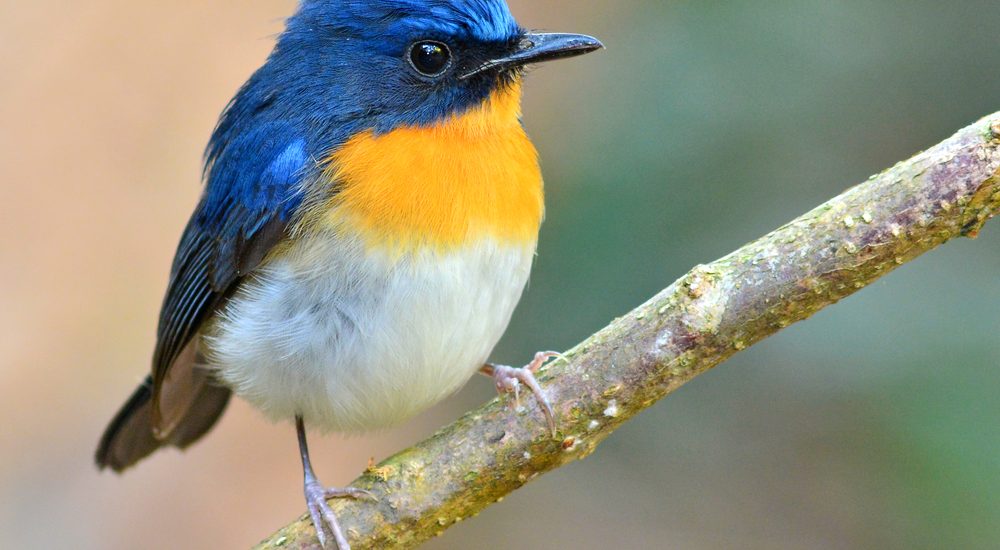What are Bird Mites? How to Get Rid of Them
- July 1, 2021
- Posted by: Santiago Diaz
- Category: Birds

The microscopic world can be unnerving since it exists all around us without us even knowing. While there are viruses and bacteria in our surroundings that the naked eye cannot see, there are also tiny little animals that inhabit our world. One such organism that you might not have heard of is the bird mite.
You might have noticed that your bird seems restless or ill. If you suspect your bird has mites, read on to understand more and find out what you can do.
What are Bird Mites?
Bird mites are the collective term for mites that feed off the blood of birds. Bird mites belong to the same family as other 8-legged creatures such as spiders, scorpions, and ticks. It can be difficult to distinguish bird mites from regular mites due to their size. They typically have a flattened oval body covered with tiny little hairs and adults would be about 1/32 of an inch in length.
Just like other mites, they have a sharp mouthpiece that they use to pierce the skin to drink the blood of their hosts. While they start out as one color, they can develop a reddish hue after a session of feeding.
Since bird mites need the blood of birds, it comes as no surprise that bird mites are commonly found in birds such as pigeons, chickens, sparrows, and starlings. They can also be found in abundance around the nesting areas.
Bird mites need birds to complete their life cycles but that doesn’t mean they don’t bite other organisms as well. Humans can often be found to be victims of bird mite bites, especially for those who always find themselves in proximity to birds such as poultry farmers, zoo employees, pet store owners, pet owners, and anyone who would happen to live near bird nests.
How to Tell If My Bird Has Mites?
A big tell-tale sign is your bird itching, especially at night since mites are nocturnal. Use a torch and you might see mites crawling on your bird’s skin. Look out for tiny specks of black or red around your bird’s cage.
As your bird tries to get the mites off it, you might start noticing more feathers around the cage. This could be due to your bird trying to pick its own feathers off, in an attempt to remove the mites.
Overall, you might find your bird to be weak, dull and perhaps, losing weight.
How to Get Rid of Bird Mites
Prevention is Key
If you are not among those listed above that are vulnerable to bird mites, you are pretty much safe. However, you can still take a few steps to enhance prevention.
For one, you can bird-proof your surroundings. There are specific ways to install roofing and associated hardware that would discourage nesting. Preventing birds from nesting near your home can help a lot since mites can actually travel from nearby nests into your home. They can make the journey easily since the adults can easily slip in cracks as they are less than a millimeter big.
Also, check for potential bird mite sources. For example, there might be dead birds in your attic that you didn’t know about. Be sure to remove any dead birds or any nests.
Vacuum
Vacuum any room with the infestation regularly. This will significantly decrease the mite population. After vacuuming, quickly remove the vacuum bag, place it into another bag and put it into the freezer to really ensure that the mites will be killed. If your vacuum doesn’t have bags, pour the debris collected into a separate bag before putting it in the freezer.
A Good Wash
You have to treat both your bird and its environment. Wash the cage thoroughly with soap.
Please call us so we can get your bird in for an appointment, in order to prescribe medications that are safe for birds.
Conclusion
The difficult thing about bird mites is that they are a bit difficult to distinguish from other mites but as long as you see any type of mite, the best course of action is to remove them immediately. If your pet bird is suffering from mites, don’t hesitate to bring your bird in to see us so we can advise you on the best course of treatment which might include medication.
